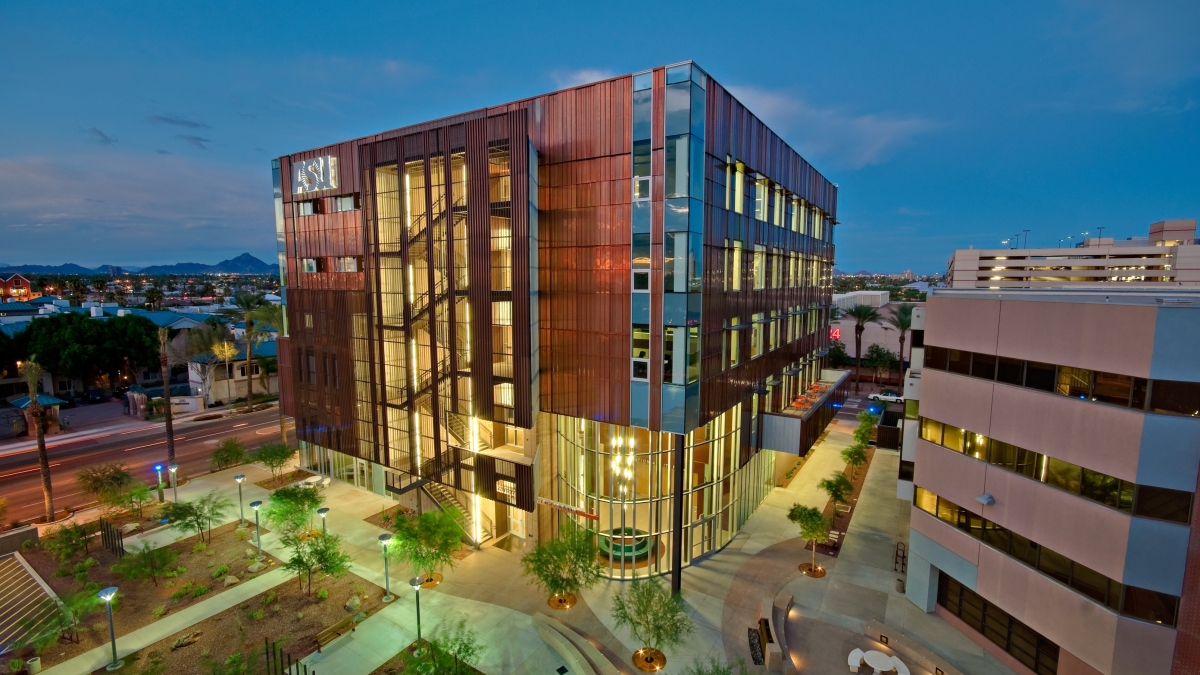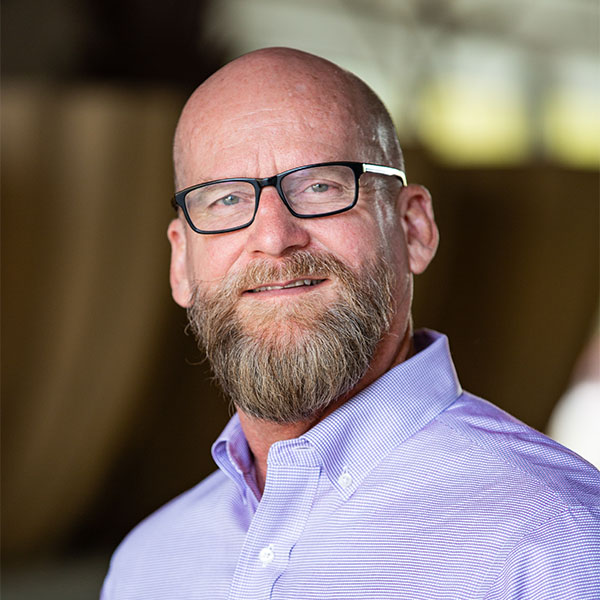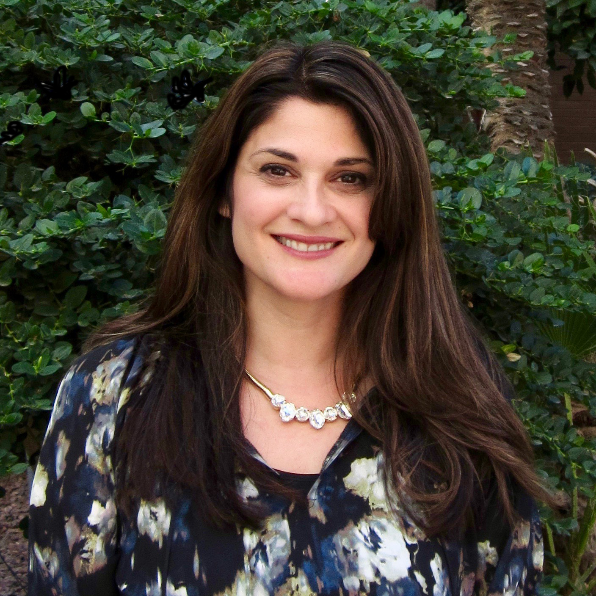ASU researchers among group to receive $15.7 million NIH grant for the Arizona Alzheimer’s Disease Research Center

ASU is one of seven organizations with researchers collaborating in the Arizona Alzheimer's Disease Research Center.
Researchers from Arizona State University are among the leads for a new prestigious grant expected to total $15.7 million over the next five years from the National Institute on Aging, part of the National Institutes of Health (NIH), to provide continued support for the Arizona Alzheimer’s Disease Research Center.
Edson College of Nursing and Health Innovation Associate Dean and Professor David Coon co-leads the Outreach, Recruitment and Engagement (ORE) Core with Jessica Langbaum from Banner Alzheimer’s Institute.
ASU Psychology Department President's Professor Heather Bimonte-Nelson and Roberta Brinton from the University of Arizona co-lead the Research Education Component.
Alzheimer’s Disease Research Centers, or ADRCs, are congressionally designated NIH Centers of Excellence. They play crucial roles in the national plan to address Alzheimer’s disease, the advancement of research and care for Alzheimer’s disease and related dementias, and the effort to find effective ways to treat and prevent these devastating diseases as soon as possible.
The new grant will help establish the role of promising blood tests in Alzheimer’s research, clinical trials and clinical care, and will support Arizona’s efforts to help find effective prevention therapies by 2025.
David Coon
With this new funding, Coon says their core’s efforts will continue to focus on recruitment and retention as well as providing education, outreach and engagement programs to help people with and without the disease, their families and professional caregivers.
Coon, who is also the director of ASU’s Center for Innovation in Healthy and Resilient Aging (CIHRA), says the ORE Core will also work closely with another team, the clinical core to support their inclusion in research studies to advance the fight against Alzheimer’s disease together.
“The ORE Core helps increase awareness about the Arizona Alzheimer’s Disease Research Center and the challenges faced by people living with Alzheimer’s disease and related dementias and their family caregivers. It is also critically important to remember that until there is a cure, there is care,” Coon said. “So, we also develop and evaluate programs and services designed to reduce stress and distress that arise from these challenges.”
This work goes hand in hand with several of the ongoing research projects at CIHRA.
“Arizona, like the rest of the world, is aging and growing increasingly diverse. Between now and 2025, Arizona is the state projected to have the greatest increase in its proportion of people living with Alzheimer’s disease and related dementias. Both the Arizona Alzheimer’s Disease Research Center and CIHRA are dedicated to involving people from diverse backgrounds and listening to their voices to help advance prevention, treatment and care,” said Coon.
In her role as co-director of the Research Education Component, Bimonte-Nelson’s focus is to cultivate success for future leaders in Alzheimer’s disease and related dementias research.
Heather Bimonte-Nelson
“I consider this role an honor as well as a tremendous responsibility,” she said.
Specifically, she says Research Education Component scholars will have opportunities for personalized, foundational, innovative and multi-disciplinary training using their collaborative cross-institutional approach, optimizing scholar success as trailblazers in a breadth of Alzheimer’s disease and related dementias research domains.
“We are immensely appreciative to our enthusiastic mentors, the state of Arizona and the NIH for supporting our shared goals to facilitate the success of the next generation of Alzheimer’s disease and related dementias scientists using an inclusive, cutting-edge, team-based scientific approach to yield a powerful and sustained impact on the field,” said Bimonte-Nelson.
The Arizona ADRC includes researchers from seven organizations: Arizona State University, Banner Alzheimer’s Institute, Banner Sun Health Research Institute, Barrow Neurological Institute, Mayo Clinic in Arizona, the Translational Genomics Research Institute (TGen) and the University of Arizona.
“We could not be more grateful to our participating researchers and institutions, the state and NIH for the chance to make a profound difference in Alzheimer’s disease research and care,” said Eric Reiman, director of the National Institute on Aging-supported Arizona ADRC and executive director of Banner Alzheimer’s Institute. “In addition to our other goals, we hope to become a go-to resource for the development of promising blood tests, find effective Alzheimer’s prevention therapies within the next five years and capitalize on our ADRC resources to support these endeavors.”
Since becoming the first multi-institutional research program to receive an ADRC grant in 2001, Arizona has become the most extensive statewide collaboration in Alzheimer’s research in the country.
The Arizona ADRC has made groundbreaking contributions in the early-detection diagnosis, study and prevention of Alzheimer’s disease, studies of the aging mind and brain, and the roles of brain imaging and emerging blood-based biomarkers in these endeavors.
To learn more about the work of the ADRC, visit the Arizona Alzheimer’s Consortium website.
More Health and medicine

Bird flu: Your questions on symptoms, spread and safety answered
Bird flu is no longer only “for the birds.”Infections have expanded beyond wild birds and poultry to a range of animals — from…

Making medicine side-effect free
Many drugs that address medical conditions can come with serious side effects. In drug commercials, the litany of potential side…

Diagnostic research happening at ASU focused on detecting diseases earlier to save lives
It was one of America’s founding fathers, Benjamin Franklin, who may have foreshadowed today’s health care innovation when he…



